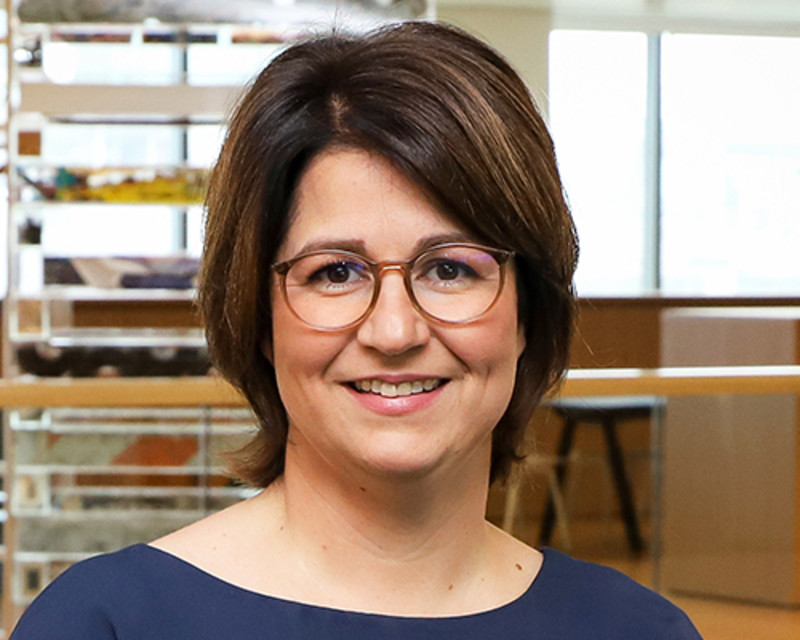

Protecting human rights on 10th anniversary of UN Guiding Principles
Investors need to watch out for the human rights abuses that still occur in many supply chains, says Senior Engagement Specialist Danielle Essink.
Summary
- Human rights abuses still rife in mining, fishing and textiles
- Corporate Human Rights Benchmark monitors problem areas
- Due diligence is essential in long or complex supply chains
June marks the 10th anniversary of the signing of the UN Guiding Principles on Business and Human Rights, a global framework for business that places a strong emphasis on due diligence to detect human rights abuses. Investors including Robeco follow these principles as a blueprint for best practice in this area.
Some high-profile, persistent human rights abuses include child labor in the mining of minerals for car batteries, modern slavery on fishing boats, and poor working conditions in textiles that has sometimes proved fatal.
Robeco routinely engages with companies on their human rights due diligence, enabling companies to spot abuses both in their own operations and in their supply chains, particularly when ingredients or materials are sourced from high-risk areas with poor legal or regulatory protections.
“Human rights due diligence is a powerful tool to identify, prevent, mitigate and account for how a company addresses the most severe risks to people in connection to its business,” says Essink, who wrote a blog for the Business and Human Rights Resource Centre to commemorate the anniversary.
“Human rights is such a broad topic that we need companies to proactively think about where their greatest impacts on human rights are, and what the most salient issues are that they should be caring about in their industry.”
“One of the biggest problems are conflict-affected areas and high-risk industries such as textiles and fishing. Then there is the issue of data collection and privacy in the big tech companies. All have human rights implications.”
“The UN Guiding Principles is a framework that Robeco uses very actively. We regularly engage with companies on how they ensure they are safeguarding human rights and how they're implementing these principles.”
Corporate Human Rights Benchmark
How well this is done within an industry is monitored by the Corporate Human Rights Benchmark (CHRB), which scores companies on a set of indicators, including due diligence. In March 2020, Robeco was one of 174 international investors taking part in an initiative coordinated by the Investor Alliance for Human Rights (IAHR) that wrote to the 95 companies that failed to score any points on the due diligence indicators in the 2019 CHRB ranking.
“While some companies improved, 79 continued to score zero points on human rights due diligence in the 2020 ranking, and are therefore included in the 2021 engagement target list that will address this,” says Essink, Robeco’s advisory committee member for the IAHR.
“Nearly half of the 230 largest publicly traded companies in high-risk sectors measured against five human rights due diligence indicators scored zero points on human rights due diligence. This makes for very grim reading.”
Supply chain abuses
Many otherwise respectable companies often don’t know of the abuses that go on in their long and often complex supply chains, Essink says.
“The issue with Thai fishing boats concerned modern slavery and forced working for months at a time. The supermarkets that we engaged with several years ago who sourced their prawns from these boats had no idea that this was going on in their supply chains.”
“By doing better supply chain due diligence, they can check where they are sourcing from, and what standards are being upheld in the supply chain.”
Do your due diligence
It boils down to doing thorough due diligence, from the head office right down to the field offices and factories that modern corporations rely on, Essink says. To improve work in this area, Robeco will ramp up its engagement later this year with companies operating in high-risk regions on their approach towards conducting thorough due diligence.
The law is also reinforcing this approach in many jurisdictions. On 11 June 2021, the German parliament passed the ‘lieferkettensorgfaltspflichtengesetz’ (law on corporate due diligence in supply chains’) which obligates companies to take steps to prevent human rights violations in their supply chains.
“We believe that all business actors have a responsibility to respect human rights, and that the process of continuously conducting human rights due diligence is a core requirement for companies and investors in fulfilling that responsibility,” Essink says.
“This is especially true in a world exposed to increased conflict and shrinking civic space. We need more investors to actively ask companies about the implementation of the Guiding Principles. Let’s make the next 10 years count!”























